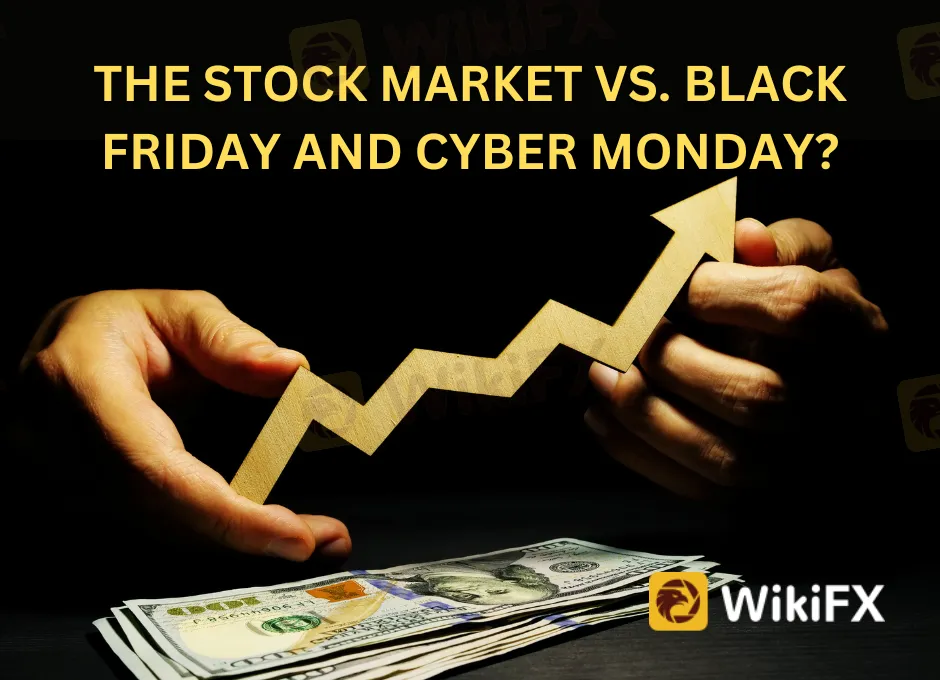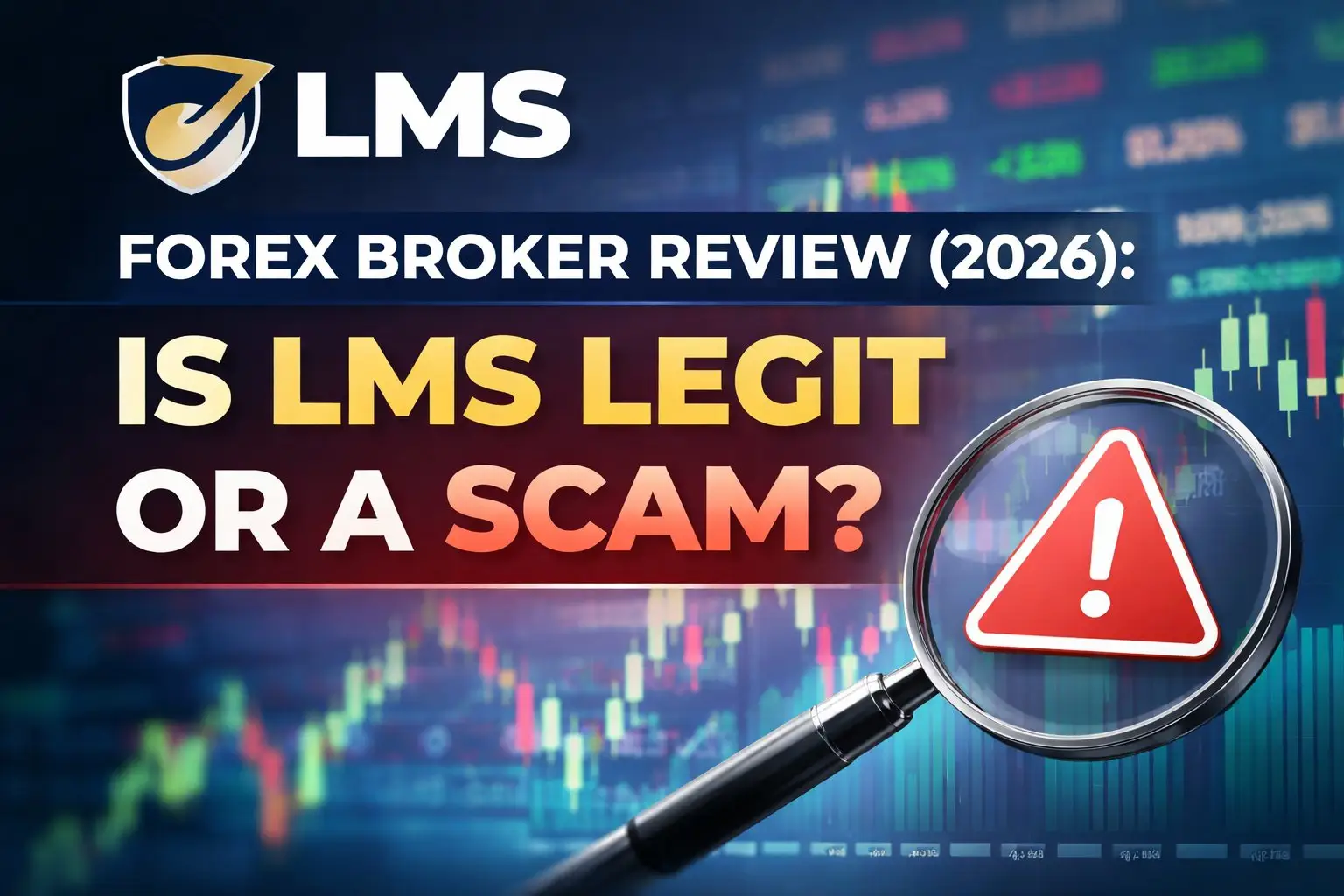Abstract:What does the stock market have in store for the "Shop - Click 'Buy' until you drop" days?

Check - Add - Shop, Check - Add - Shop, Check - Add - Shop. If Black Friday and Cyber Monday had an anthem, this is it! The eagerly anticipated shopping days are the adult counterpart of Christmas Eve for children. But what we really want to know is how they affect the marketplace. Let's begin by delving further into the tales behind these huge spending events!
For good reason, Black Friday is one of the most crucial days for all merchants globally. It is the day when wholesale shops often begin to generate a profit for the year! There are several hypotheses for the name's origin, beginning with black ink, which accountants use to write earnings vs red ink for losses.
They go all the way back to the very strange relationship with the stock market collapse of September 24, 1869, when gold prices dropped due to long-term market speculations.
Cyber Monday, on the other hand, has a more uplifting backstory. It was created by a marketing team as a counter-hook for internet businesses to compete with Black Friday's success. It didn't take off right away; in fact, just 50% of shops joined the craze in 2005. However, as the digital revolution evolved, it led to today's prosperity.
Could Black Friday and Cyber Monday result in long-term profits or losses?
There is no association between the Black Friday spike and Q4 results, according to Mark Hulbert, a Market Watch analyst, and prominent financial newsletter writer. He did an intriguing analysis using 114 years of market activity and came to the conclusion that, although Black Friday and Cyber Monday affect the appearance of things for the whole year of the retail industry, the same does not work for individual companies.
“The right investing conclusion is that relying on the stock market's quick response to Black Friday teaches you nothing about its performance in December.” As numerous economists have said
Today, many experts and investors agree with him. In reality, they claim that the two days have only short-term gain potential for CFD traders and that at the end of the year, the market performs precisely the opposite of these days' indicators, resulting in an inverse connection!
This certainly contradicts the widely held Keynesian idea that Black Friday and Cyber Monday are key determinants in determining long-term stock price panic or boost.
Nonetheless, we should not discount any of the two primary schools of thinking, since good CFD trading is all about acquiring information and assessing it all at once while making our decisions.
In any event, if you want to hold stocks for a few weeks or until the next Earnings Season (January), the general suggestion is to follow trends, concentrate on fundamentals, and pay attention to the larger retail, technology, and e-commerce organizations, which have more promising gains from incoming sales.
Furthermore, it is prudent to remember the unquestionable success of internet commerce. After all, Cyber Monday seems to be on track to overtake Black Friday, with officials from Amazon, Alibaba, eBay, and other industry behemoths. Will it, however? Let's see what happens!
*Risk Warning: CFDs are complicated products that have a significant risk of quickly losing money owing to leverage. When trading CFDs, 74-89% of individual investor accounts lose money. You should think about whether you understand how CFDs operate and if you can afford to lose your money.
Keep an eye out for more Forex news.
To remain up to speed on the newest news, download the WikiFX App from the App Store or Google Play Store.










